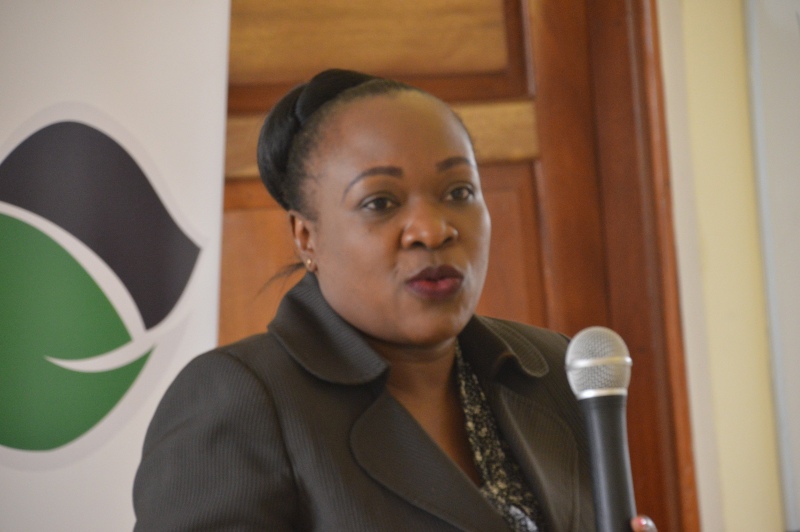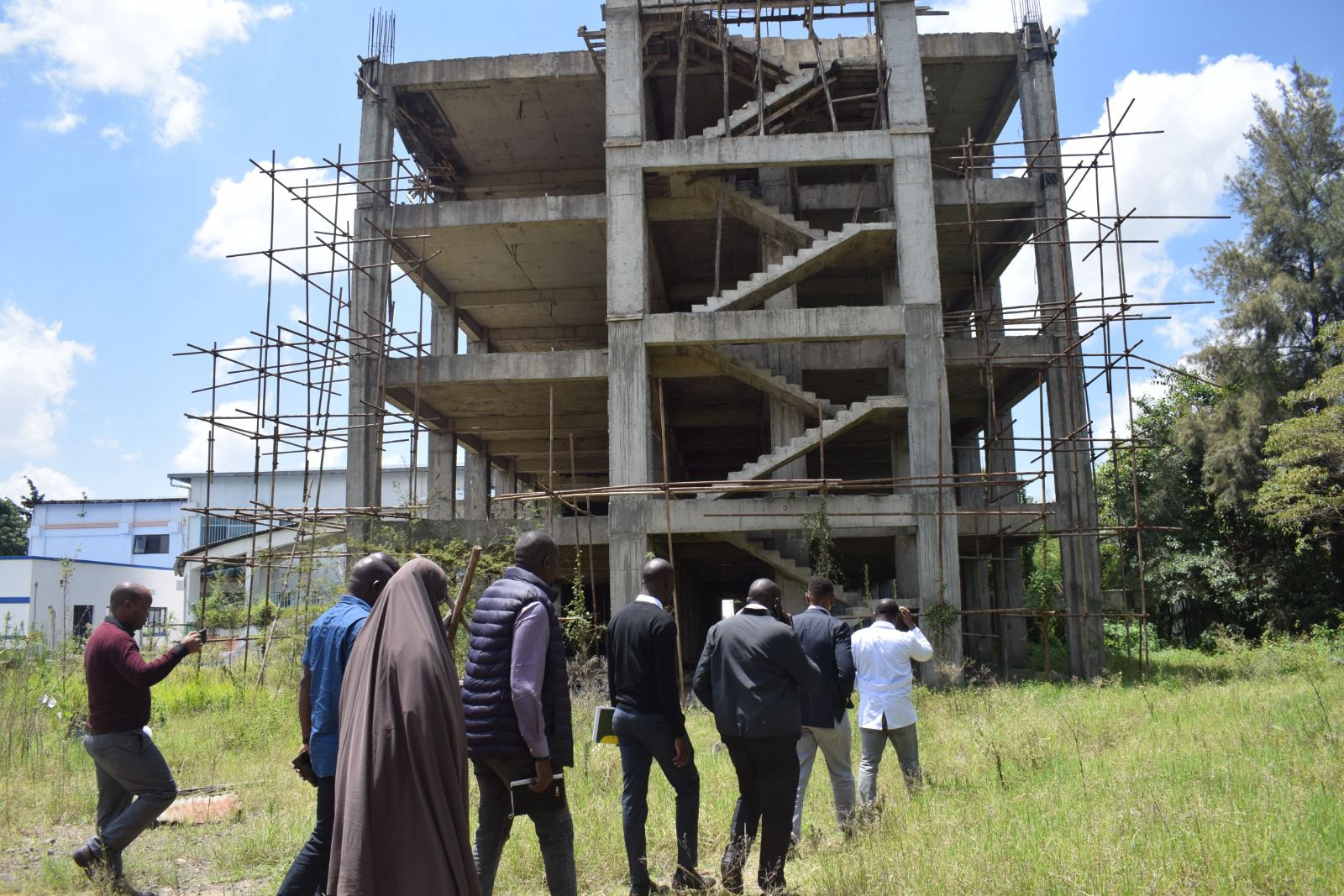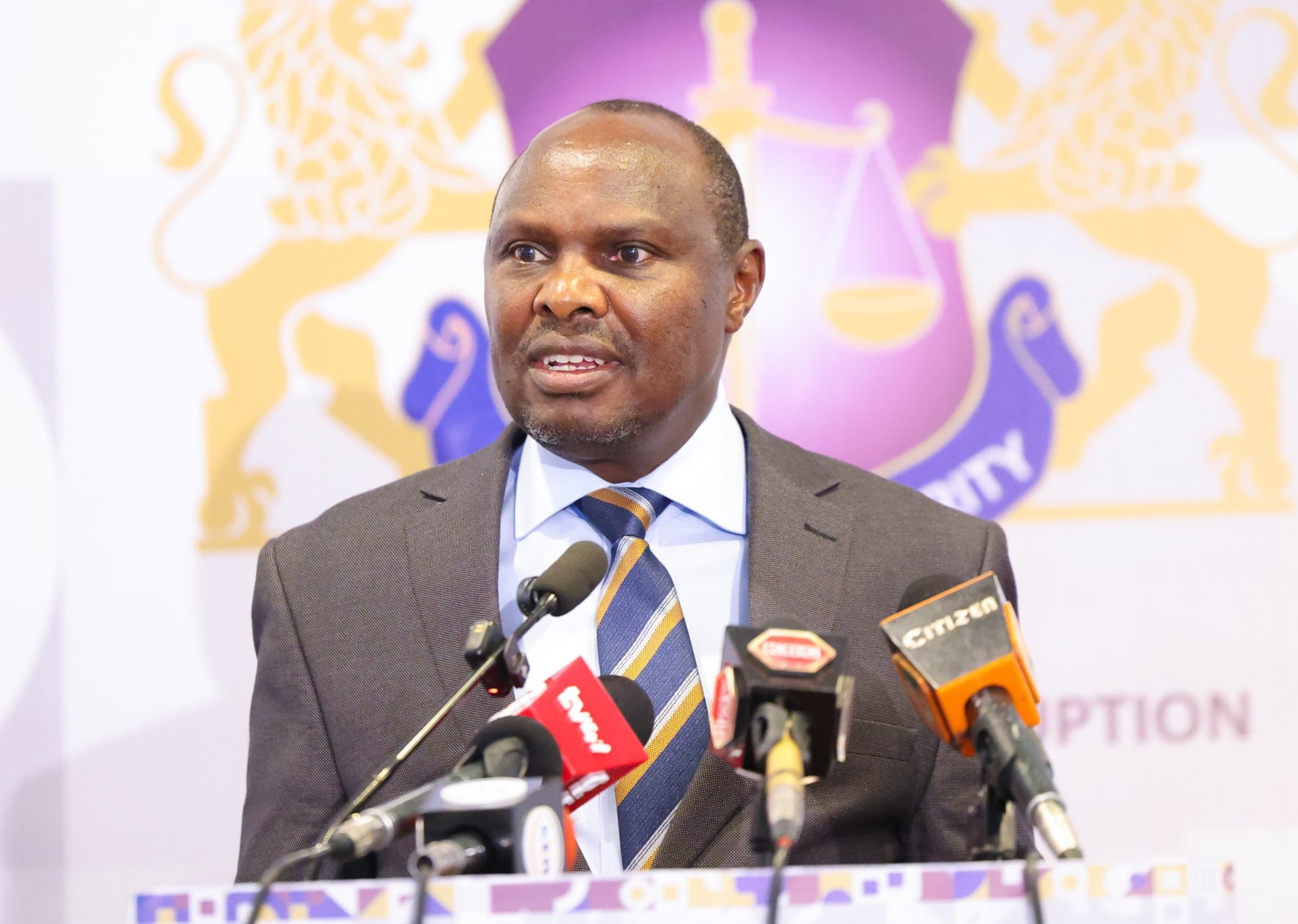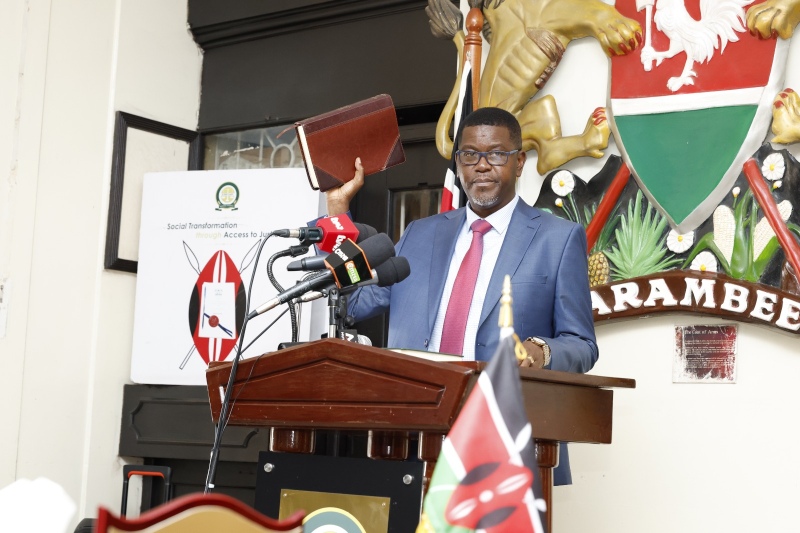Commission faults Ruto over gender balance in recent cabinet nominations
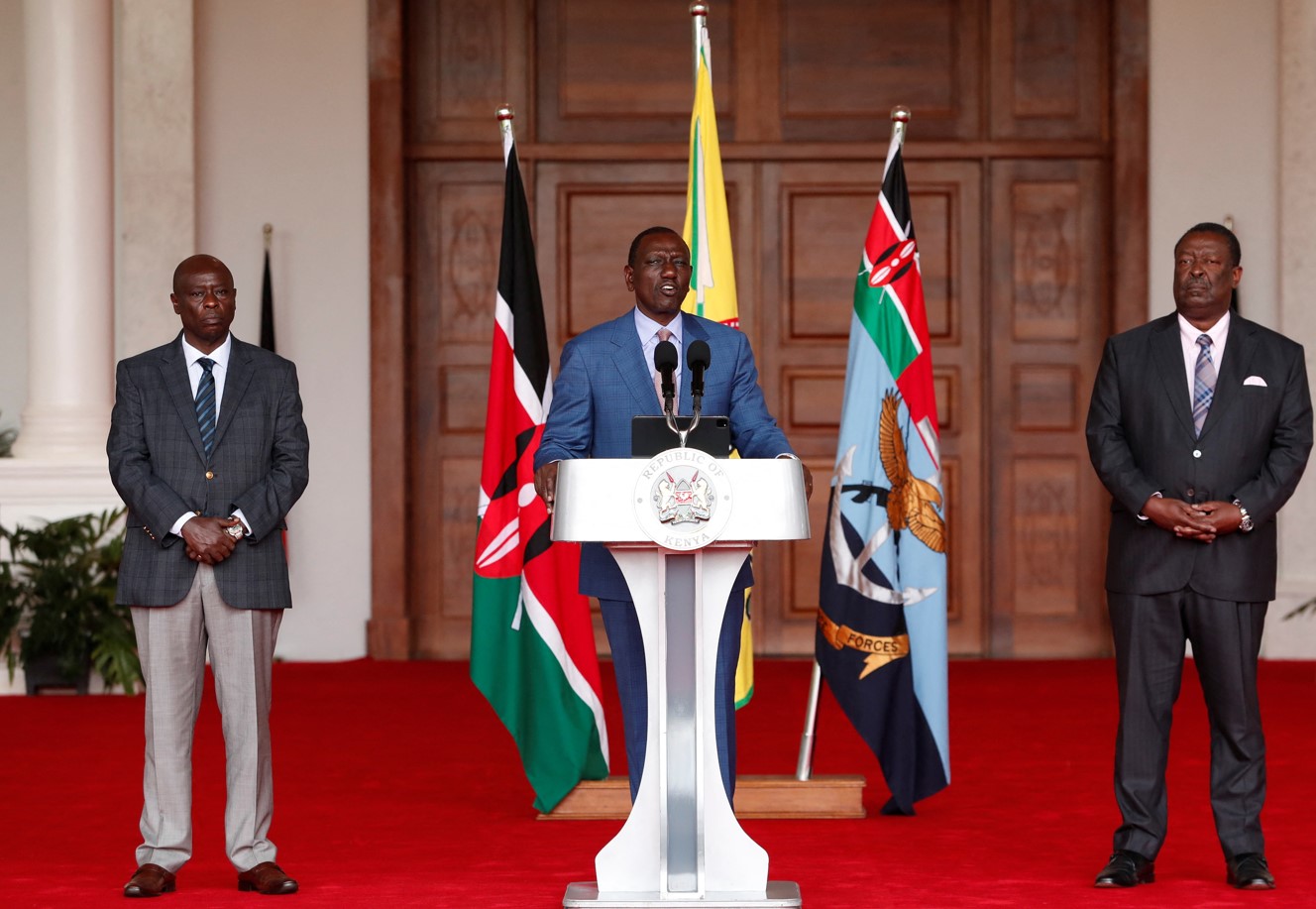
The National Gender and Equality Commission emphasised that no more than 16 members should be of the same gender.
The National Gender and Equality Commission (NGEC) has voiced concerns regarding recent cabinet secretary nominations, citing non-compliance with the one-third gender rule and inadequate representation of persons with disabilities.
In a statement, the NGEC conducted a preliminary review and highlighted key observations: Out of the 21 nominees, 15 are male and 6 are female, resulting in a total composition of 17 males and 6 females, including the President and Deputy President.
More To Read
- Court clears Ruto’s inclusion of external advisors in Cabinet meetings
- Cabinet Secretaries announce fresh appointments to boards across state agencies
- Chief Justice Martha Koome, CSs unveil appointees across state agencies
- Cabinet Secretaries restructure public boards with fresh appointments
- Cabinet rift over Sh4.5 billion Bomas upgrade exposes Ruto government divisions
- President Ruto appoints Prof Makau Mutua as Senior Advisor on Constitutional Affairs
“This configuration does not adhere to Article 27(8) of the Kenyan Constitution, which mandates that no more than two-thirds of an appointive body should be of the same gender," the commission said.
NGEC emphasised that no more than 16 members should be of the same gender. Therefore, to meet constitutional requirements, the appointments for the Attorney-General and one Cabinet Secretary must be women.
They recommended that one of these female appointees should also be a person with a disability, thereby ensuring a final composition of 17 males and 8 females, achieving gender parity.
“Regarding representation for Persons with Disabilities (PWD), the NGEC noted the absence of nominees from this group, which represents a missed opportunity to fulfil the constitutional mandate of achieving 5 per cent representation (Article 54(2) of the Constitution),” said NGEC.
Positive step
The nomination of Eric Muriithi Muuga, aged 32, was acknowledged as a positive step towards fulfilling Article 55(b), which ensures youth representation in decision-making processes.
Additionally, the NGEC recognised efforts to include members from marginalised communities, as defined in Article 260 of the Constitution, reflecting compliance with Article 56(c), which calls for affirmative action to ensure opportunities for minorities and marginalised groups.
The NGEC strongly urged the appointing authority to ensure that the final Cabinet list fully complies with Articles 27, 54, and 55 of the Constitution.
It emphasised the need for thorough vetting by the National Assembly to ensure that all nominees meet the stringent requirements outlined in Chapter 6 of the Constitution concerning leadership and integrity.
This rigorous process, the NGEC emphasized, is crucial to ensuring that appointed individuals embody principles of equality, non-discrimination, and ethical leadership.
The President's nomination has sparked mixed reactions and uncertainties with some viewing the nominations as a letdown after the renomination of some of the former cabinet secretaries
Top Stories Today
- Live blog: Governor Erick Mutai’s impeachment trial enters third day
- UN warns Kenyans over spike in scams linked to staff relocation to Nairobi
- Indiscipline to blame for Nairobi–Nakuru Highway gridlock, says KeNHA
- KNCHR nominee admits victims’ compensation panel encroaches on commission
- Kenya losing over Sh600 billion in stalled public projects, says PMI
- Government to allow raw sugar imports to ease 400,000 metric tonne shortage

